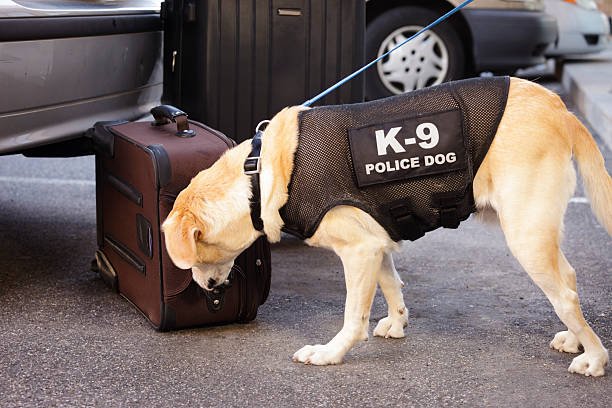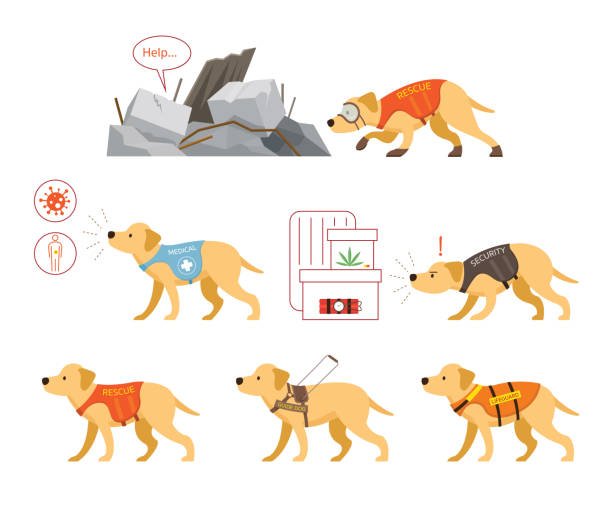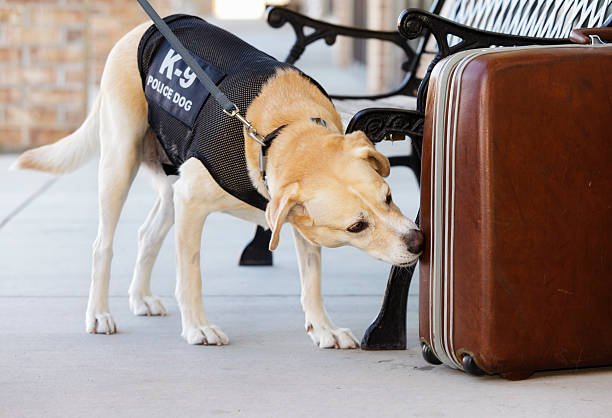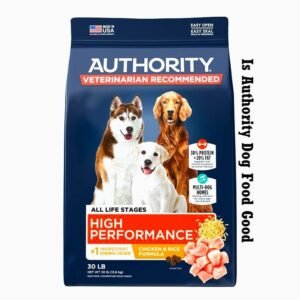How to Hide nicotine from drug dogs
Nicotine, a highly addictive substance found in tobacco products, is subject to stringent regulations and prohibitions in many environments. Whether it’s due to workplace policies, public health initiatives, or legal restrictions, individuals may find themselves in situations where possessing nicotine can have serious consequences. In such scenarios, the presence of drug detection dogs adds an additional layer of risk. These specially trained canines possess an unparalleled ability to sniff out even trace amounts of prohibited substances, including nicotine.
In this guide, we’ll explore the reasons why someone might seek to conceal nicotine from drug detection dogs and the potential ramifications of being caught with nicotine in restricted areas. From airports to public buildings, the stakes are high for those attempting to circumvent detection. Understanding the methods used by drug dogs and the legal implications of nicotine possession is crucial for anyone navigating these situations. Let’s delve deeper into this complex and often overlooked aspect of nicotine regulation.

Understanding Nicotine Detection
Drug detection dogs are an integral part of law enforcement and security measures in various environments, where they play a crucial role in detecting prohibited substances, including nicotine. These highly trained canines undergo rigorous training to develop their remarkable olfactory capabilities, making them adept at sniffing out even the faintest traces of nicotine.
One of the key aspects of drug detection dog training involves scent imprinting, wherein dogs are exposed to the scent of nicotine in controlled environments. Through positive reinforcement techniques, such as rewards for correctly identifying the scent, dogs learn to associate the smell of nicotine with a reward, reinforcing their ability to detect it.
Drug detection dogs can detect nicotine through a process called air-scenting, where they sample the air for odors emitted by nicotine-containing substances. Additionally, dogs can detect nicotine residue left behind on surfaces, even after the nicotine product has been removed. This makes them highly effective in various environments, including airports, borders, and public spaces, where individuals may attempt to conceal nicotine.
The effectiveness of drug detection dogs in these environments cannot be overstated. Their ability to quickly and accurately detect nicotine helps law enforcement and security personnel enforce regulations and prevent the illicit transport or possession of nicotine products. Whether it’s at customs checkpoints, security screenings, or routine patrols, drug detection dogs play a vital role in maintaining safety and security.

Dogs' superior drug detection hinges on two key anatomical features
- Olfactory receptors: Dogs possess significantly more olfactory receptors (smell detectors) in their noses compared to humans. Estimates range from 10,000 to 100,000 times more!
- Olfactory recess: This unique chamber within their nasal cavity provides a larger surface area for odor molecules to bind, allowing for superior scent detection and discrimination.
Legal Implications of Concealing Nicotine from Drug Dogs
Being caught with nicotine in restricted areas can lead to fines or criminal charges. Attempting to hide nicotine from drug detection dogs can worsen legal consequences, including obstruction charges. Jurisdictions like Singapore and Bhutan strictly prohibit nicotine possession, imposing hefty fines and imprisonment. Compliance with regulations and seeking legal alternatives are crucial to avoid legal penalties.
Strategies to Hide Nicotine from Drug Dogs
When facing the scrutiny of drug detection dogs, individuals may feel compelled to explore various methods to avoid detection of nicotine. While it’s essential to understand the risks and consequences associated with attempting to deceive these highly trained canines, here are some strategies that individuals might consider:
Concealment in Sealed Containers or Airtight Bags:
One method to minimize the scent of nicotine is to store nicotine-containing products in sealed containers or airtight bags. By containing the odor within a sealed environment, individuals may reduce the likelihood of detection by drug detection dogs. However, it’s crucial to ensure that the container or bag is genuinely airtight to prevent any leakage of scent.
Use of Odor-Masking Substances or Sprays:
Another approach is to utilize odor-masking substances or sprays to disguise the scent of nicotine. Products such as air fresheners, perfumes, or essential oils may help mask the distinct odor of nicotine, making it more challenging for drug detection dogs to detect. However, it’s important to note that masking the odor does not eliminate it entirely, and there’s still a risk of detection.
Disguising Nicotine Products as Non-Nicotine Items:
Some individuals may opt to disguise nicotine products as non-nicotine items to avoid suspicion. For example, concealing cigarettes within a pack of mints or hiding nicotine patches among bandages. While this strategy may seem plausible, it relies on the assumption that drug detection dogs won’t be able to differentiate between the disguised items and genuine non-nicotine products.
Utilizing Distraction Techniques to Divert the Attention of Drug Dogs:
Distraction techniques involve creating a diversion to divert the attention of drug detection dogs away from the concealed nicotine. This could include using decoy items or engaging in behaviors that attract the dog’s attention elsewhere. However, it’s essential to recognize that drug detection dogs are trained to focus on their task diligently, and attempts to distract them may not always be successful.
While these strategies may offer temporary relief from the fear of detection, it’s essential to acknowledge the inherent risks and consequences involved in attempting to hide nicotine from drug detection dogs. Deceiving law enforcement or security personnel can result in serious legal repercussions and undermine efforts to promote safety and compliance. Instead of resorting to tactics of evasion, individuals are encouraged to explore legal and ethical alternatives, such as quitting nicotine products altogether. Ultimately, prioritizing honesty and accountability is essential in navigating situations involving drug detection dogs.
The Dangers of Concealing Nicotine from Drug Dogs

Concealing nicotine from drug detection dogs poses serious risks. Despite efforts to hide it, the keen senses of these canines make detection highly likely. Legal repercussions, including fines and criminal charges, loom large for those caught trying to deceive them.
Attempting to outsmart drug dogs isn’t just risky legally; it also carries personal consequences. Beyond potential legal trouble, individuals risk damaging their reputations and facing future scrutiny.
Alternatives to Hiding Nicotine
Rather than dodging detection, consider quitting nicotine products for a healthier path. Resources and support for quitting are abundant, offering counseling and nicotine replacement options. By embracing this choice, individuals unlock long-term benefits for their health, including reduced risks of cancer and cardiovascular issues. Opting for a smoke-free life not only avoids legal troubles but also promotes overall well-being.
In conclusion, understanding the risks of attempting to hide nicotine from drug dogs is crucial. Instead of resorting to evasion, consider legal and ethical alternatives like quitting nicotine products. Remember, attempting to deceive drug detection dogs carries severe legal and personal consequences. Prioritizing honesty and compliance is not just prudent; it’s the pathway to a safer and healthier future.


